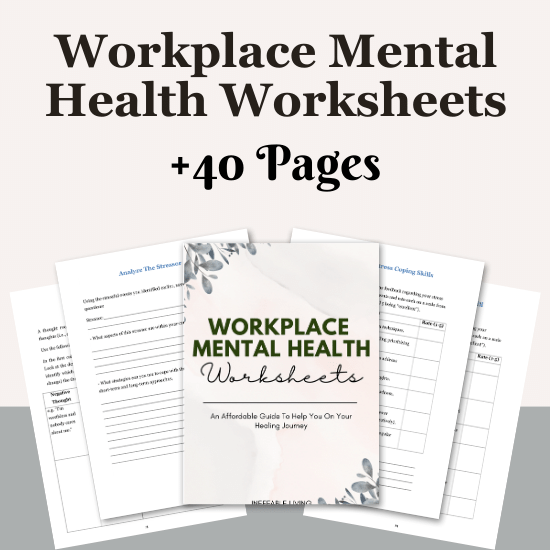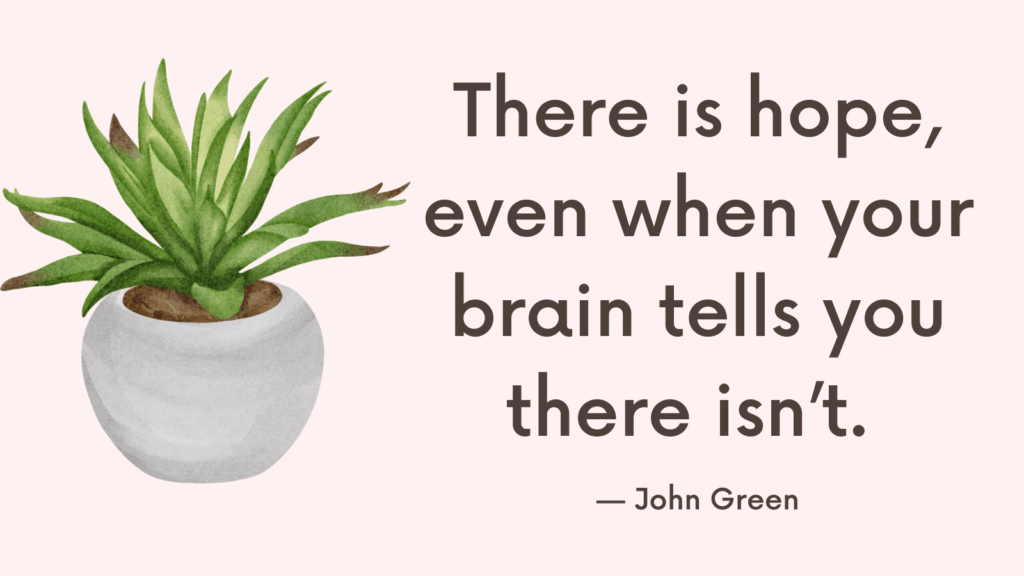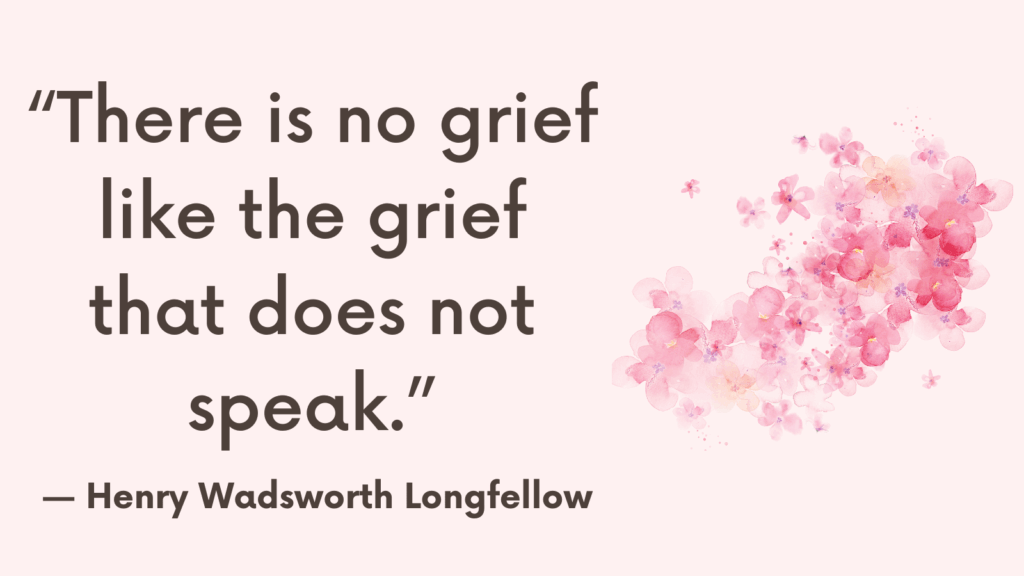Workplace resentment often starts small — a missed acknowledgment, an unfair workload, or a colleague taking credit for your effort. But when those moments repeat without resolution, they can begin to erode your motivation, focus, and sense of safety. Left unchecked, resentment drains your mental health and makes even showing up to work feel heavy. Protecting your emotional well-being doesn’t mean ignoring what’s wrong — it means learning to respond consciously instead of carrying bitterness that harms you more than it helps.
The Slow Erosion of Energy
Resentment doesn’t explode; it seeps. It shows up as constant tiredness, irritability, or numbness. You stop feeling invested but can’t fully disengage either. Work becomes survival—showing up, doing what’s required, and counting the hours until you can leave. The emotional cost isn’t just burnout—it’s disconnection from your own values.
When Fairness Feels Out of Reach
One of the hardest parts of workplace resentment is powerlessness. You might see unfair systems, favoritism, or constant disorganization, but have little control to change it. That helplessness makes the resentment stronger, not because you want revenge, but because you want justice—and it’s missing.
The Inner Conflict It Creates
You may feel torn between professionalism and honesty—between staying calm and wanting to speak your truth. The more you suppress your frustration, the more it turns inward, creating guilt and self-blame. You begin to feel angry not only at the workplace but also at yourself for enduring it.
How to Protect Mental Health From Workplace Resentment?
1. Acknowledge the Resentment Before It Festers
Don’t dismiss your irritation as “just stress.” Quiet frustration can turn toxic when it’s ignored. Notice when you start to dread specific people, projects, or meetings. Naming resentment early helps you address it before it becomes chronic burnout.
2. Identify What’s Triggering It
Ask yourself what’s truly fueling your resentment. Is it being overworked, undervalued, or constantly overlooked? Clarity gives direction — instead of general frustration, you can target the real issue and choose a practical response.
3. Stop Personalizing Unfair Situations
Sometimes workplace dynamics are flawed systems, not reflections of your worth. Detach your identity from others’ behavior. When someone treats you poorly, remind yourself: “This says more about their habits than my value.” Emotional distance protects your mental peace.
Related: The Link Between Anxiety and Stomach Problems: How to Manage Both?
4. Address Issues Directly When Possible
If resentment stems from recurring problems with a colleague or manager, address it calmly and professionally. Use direct, respectful language like: “I’ve noticed I’m often given last-minute tasks. Can we plan ahead together?” Communication clears tension faster than silent endurance.
5. Strengthen Your Boundaries
Resentment often signals that a boundary has been crossed — working late, saying yes when you mean no, tolerating unfair behavior. Learn to set small limits: decline unnecessary tasks, pause before committing, and protect your breaks. Each “no” reinforces self-respect.
6. Avoid Emotional Overinvestment in Work
If your identity depends entirely on work performance or recognition, disappointment hits harder. Diversify your sense of purpose — invest time in hobbies, learning, or relationships outside work. Balance makes workplace problems feel smaller and easier to handle.
7. Use Micro-Breaks to Reset Emotionally
When you feel irritation rising, step away briefly. Stretch, get water, or take slow breaths. These small resets prevent resentment from building throughout the day and help your nervous system recover from emotional strain.
8. Create a Ritual for Emotional Decompression After Work
Don’t take the emotional weight of the office home. Transition rituals — changing clothes, journaling, or taking a walk before heading inside — signal to your mind that the workday has ended. This separation protects your home life from workplace stress.
9. Build a Support System Outside the Office
Talk to people who understand but aren’t involved — a friend, mentor, or therapist. Venting safely turns emotional chaos into perspective. External validation reminds you that you’re not overreacting — you’re human.
10. Focus on What You Can Control
You can’t change the company culture alone, but you can change how you respond. Manage your workload realistically, document your contributions, and prioritize your well-being. The goal isn’t to eliminate all resentment — it’s to prevent it from defining your mental state.
Related: How to Manage Morning Anxiety?
11. Reconnect With Meaning in Your Work
When resentment drains motivation, revisit the “why” behind what you do. Who benefits from your effort? What skills are you proud of? Finding personal purpose in your role shifts attention from frustration to fulfillment.
12. Know When It’s Time to Move On
If you’ve tried communicating, setting boundaries, and managing stress but still feel drained every day, the healthiest choice may be to leave. Walking away from a toxic environment isn’t quitting — it’s choosing long-term peace over constant emotional damage.
Related: How to Stop Mind Wandering?

Conclusion
Protecting your mental health from workplace resentment means learning to feel without festering. You can acknowledge frustration without letting it harden into bitterness. Boundaries, balance, and perspective are your safeguards — they allow you to stay professional without becoming emotionally entangled. When you protect your peace first, you show up stronger, clearer, and far less likely to be defined by the dysfunction around you.


